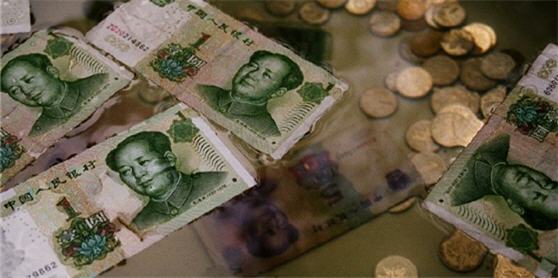
James Fallows in this month’s Atlantic brings a Chinese view to the global financial crisis and planned U.S. economic stimulus plans. Based on an interview with the President of the China Investment Corporation, Gao Xiquing, China offers some words of wisdom to the incoming Obama administration as it attempts to restart the U.S. economy—be nice; remember your pragmatism; and live within our means.
The 2008 financial crisis that began in the United States illustrated how interconnected global financial systems are. This necessitated the United States coordinating actions with European and Asian countries, which culminated with a meeting last month of the top twenty economies. Far from turning away from the U.S.-sponsored international economic system, a lame duck American president hosted the G-20 summit and coordination with the United States was viewed as critical to China, Japan, European Union members, and Russia. While there was general agreement that the current system needed reform, the meeting was more symbolic than substantive. Going forward, Gao reminds the United States that,
The simple truth today is that your economy is built on the global economy. And it’s built on the support, the gratuitous support, of a lot of countries. So why don’t you come over and … I won’t say kowtow [with a laugh], but at least be nice to the countries that lend you money.
Remember Your Pragmatism
The United States has the world’s largest economy and is central to the global economy. However, the current structure of the global economic system prevents American domination. U.S. economic power is checked by other great economic powers such as Japan, the European Union, and the People’s Republic of China through bilateral trade agreements, currency holdings, and debt financing. Additionally, countries like Ghana or Brazil can also check U.S. economic power through the World Trade Organization. While it is a heavyweight, Gao reminds the United States that it must be pragmatic:
The current conditions can’t go on. It is time for the new government under Obama to really tell people: “Look, this is wartime, this is about the survival of our nation. It’s not about our supremacy in the world. Let’s not even talk about that any more. Let’s get down to the very basics of our livelihood.”
Live Within our Means
Large defense budgets, massive financial bail-out packages, and huge infrastructure programs may simply not be sustainable. It is not simply a question of living within Americans’ means, but also understanding what foreign investors will tolerate. Gao reminds the United States:
People, especially Americans, started believing that they can live on other people’s money…Okay, we’d [the Chinese] love to support you guys—if it’s sustainable. But if it’s not, why should we be doing this? After we are gone, you cannot just go to the moon to get more money. So, forget it. Let’s change the way of living [less debt, end financial wizardry that brings products like derivatives, and focus on the real economy].
While Gao’s words may not be easy to stomach, the global recession should serve as a wake up call to governments and investors alike. With so many errors made in New York, perhaps it is time to listen to Beijing.
Derek S. Reveron is a professor of national security affairs at the US Naval War College. These views are his own . Image from GraemeNicol’s photostream under Creative Commons license.
Image: china-money_0.programthumb.jpg
